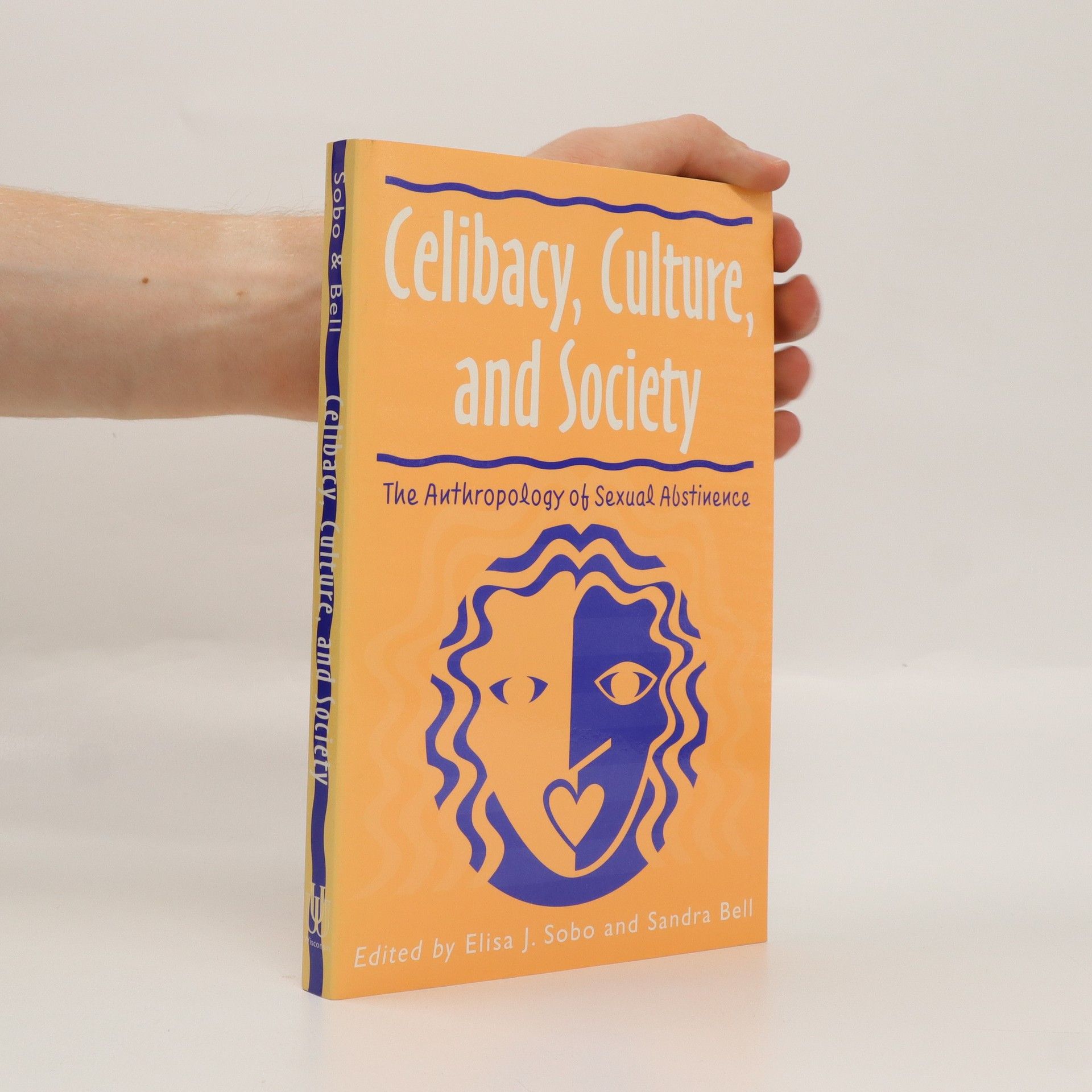Parametre
Viac o knihe
What does celibacy mean for individuals and for the people around them? What function does it serve? This is the first cross-cultural inquiry into the practice of celibacy around the world and through the ages, among groups as diverse as Kenyan villagers and U.S. prisoners, Mazatec Shamans and Buddhist nuns and monks, Shaker church members and anorexic women. The examples of celibacy described here illustrate the complex relationship between human sexuality and its particular sociocultural context. Ideas about the body, gender, family, work, religion, health, and other dimensions of life come sharply into focus as the contributors examine the many practices and institutions surrounding sexual abstinence. They show that, though celibacy is certainly sometimes a punishment or a deliberate ritual abstinence, it also serves many other social and material functions and in some cases contributes to kin-group survival and well-being. Celibacy, Culture, and Society represents a significant step toward understanding the functions and meanings of sexuality.
Nákup knihy
Celibacy, culture, and society : the anthropology of sexual abstinence, kolektiv
- Jazyk
- Rok vydania
- 2001
Doručenie
Platobné metódy
Tu nám chýba tvoja recenzia
